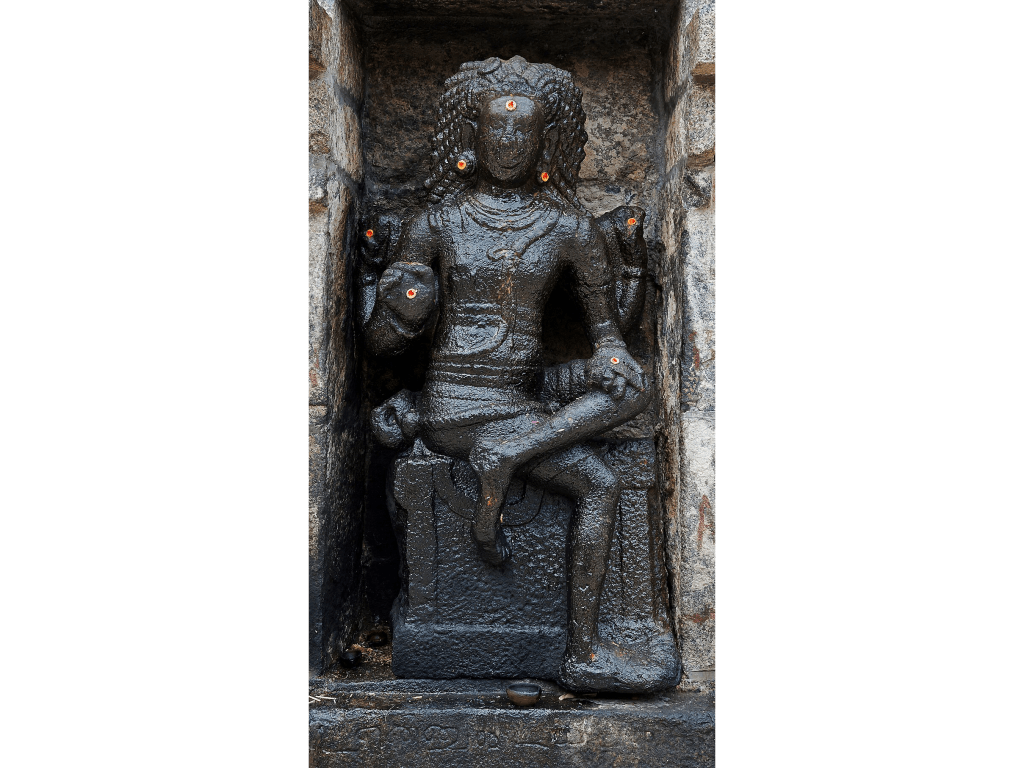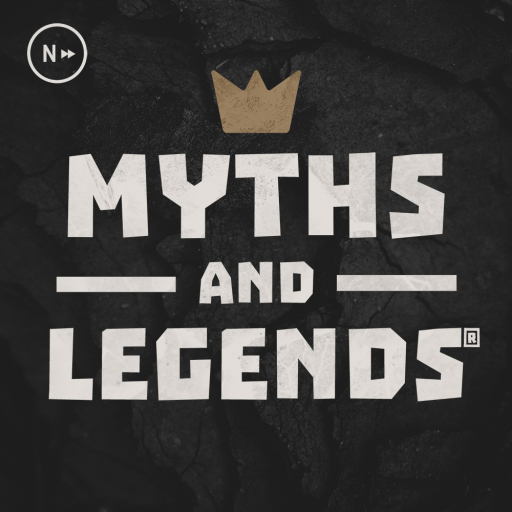PROTECT YOUR DNA WITH QUANTUM TECHNOLOGY
Orgo-Life the new way to the future Advertising by AdpathwayBuddhist, Jain and Hindu scriptures tell one common tale of a hawk chasing a sparrow. A king offers shelter to the sparrow. The hawk demands food from the king. Who should die so that the sparrow should live? Why is a herbivore worthy of a king’s protection, and not a carnivore? Why should a carnivore starve so that the herbivore may live? This story was probably meant to challenge Ashoka’s ideas of non-violence as a spiritual act of kindness. It is not.
Sanatan Dharma begins with the idea of food. To stay alive we have to eat. Eating is violent. Consumption is violent. To be non-violent one has to stop consuming. Hence fasting, which is key to Jain practices. When fasting caused Buddha to faint he realised the path of moderation. Hindus spoke of feeding to balance the eating. This understanding of food is missing in modern understanding of Vedanta and Hinduism.
Consumption is an extremely violent process, and therefore, those who contribute to the consumption economy are essentially violent people. It is a simple fact known to anyone who studies the Vedas. In the Vedas, all forms of hunger—whether desire, ambition, or aspiration—demand food, and the creation of food involves the killing of plants and animals on a very large scale.
Culture is established by consuming nature, as the Pandavas learn when they wish to build the city of Indraprastha, fit for gods. They must burn the forest of Khandava and kill all the plants and animals and the Nagas who live within it. The burning forest feeds Agni, the fire-god, who blesses Pandavas. The Nagas are the cost of consumption. They get burnt. They curse the Pandavas.
In India, the richest and most powerful people who control the consumption economy and receive all the infrastructure projects are very strict vegetarians. This creates the illusion of non-violence, because one is repeatedly told that plants are not living things or that plants do not feel pain. This is not a scientific fact.
Even in the Vedas, in the Satapatha Brahman, there are stories of how Rishi Bhrigu encounters the silent screams of trees that have been consumed by human beings. Trees may not spill blood, but they are crying nevertheless. We may not hear the screams of trees but everyone who eats trees in this life will be eaten by trees in the next life.
It is not just about food. A “pure” vegetarian engages in large-scale violence against plants and animals when he indulges in fabulous glamorous lifestyles—palaces, planes, jets, cars, yachts, grand parties, endless weddings, endless festivals, endless tourism. You start deluding yourself that you are a kind person because you build a zoo to house animals that have been displaced by your industries, that destroyed their natural habitat, in the first place.
The violence of vegetarians manifests in competition. There are different kinds of vegetarians—those who do not mind eating eggs because it does not involve the killing of birds; those who do not eat root vegetables but at the same time do not consider truffles or peanuts to be root vegetables; those who do not eat ginger and garlic; and those who do not consume milk products because it involves the violent domestication of cows, their enforced pregnancies. Thus, there is the violent one-upmanship amongst vegetarianism.
In India, traditionally, the Buddhists and Jains mocked the Brahmins for their non-vegetarian practices, arguing that they were cruel people and that the Buddhist and Jain way was the kinder route. Over time, the Brahmins realised the power of this narrative and became vegetarians themselves.
Indeed, many ex-Buddhists and ex-Jains returned to the Brahmin fold and ensured that this practice started having magical powers. So even today, if you give up non-vegetarian food, you suddenly gain the moral high ground in a social setting. If you belong to a lower caste, you automatically become pure, pious, and rise to a higher caste. This is food magic. This is Sanskritisation. The first step to be higher in the caste ladder is change your diet.
Humans need food magic to feel good about themselves because it is the laziest form of spirituality. You don’t have to be a nice person, you don’t have to be a kind person—you just have to eat the right food, and everything transforms around you.
For all our education over the last 70 years in the scientific way, we see a proliferation of vegetarian terrorism around us. And everyone knows this has nothing to do with saving the environment and everything to do with caste—establishing caste hegemony and the domination of the mercantile communities and their priests, who control all the resources, consume nature on a vast scale, but pretend to be non-violent simply by eating vegetarian food. We forget that being nonviolent does not mean you are not greedy.























 English (US) ·
English (US) ·  French (CA) ·
French (CA) ·